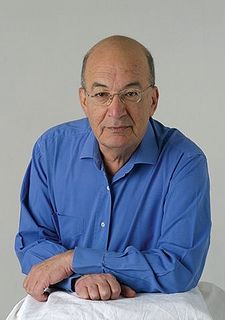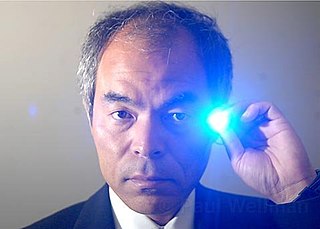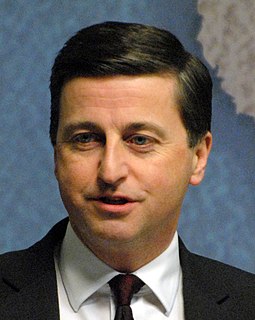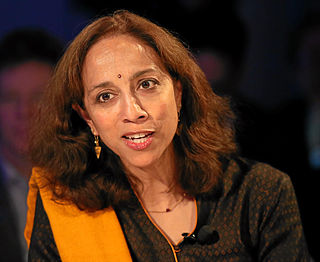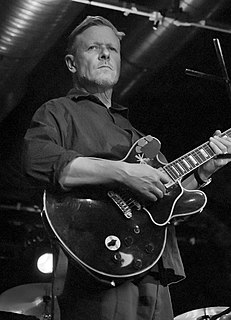A Quote by Alistair Horne
In the late 1980s, a new revolt broke out, this time led by the fundamentalist FIS (Islamic Salvation Front). Many of its leaders were the kind of young Algerians who joined the struggle against the French occupiers in the 1950s.
Related Quotes
I hate all the terrorists in the world, whatever the purpose of their struggle. However, I support every active civil revolt against any occupation, and Israel, too, is among the despicable occupiers. Such revolt is both more just and more effective, and it does not extinguish one's spark of humanity.
Louis XIV was very frank and sincere when he said: I am the State. The modern statist is modest. He says: I am the servant of the State; but, he implies, the State is God. You could revolt against a Bourbon king, and the French did it. This was, of course, a struggle of man against man. But you cannot revolt against the god State and against his humble handy man, the bureaucrat.
We once discussed which were the cleanest troops in the trenches, taken by nationalities. We agreed on a descending-order like this: English and German Protestants; Northern Irish, Welsh and Canadians; Irish and German Catholics; Scots; Mohammedan Indians; Algerians; Portugese; Belgians; French. We put the Belgians and French there for spite; they could not have been dirtier than the Algerians and the Portugese.
Sufis have always been those that have tried to purify the ethics of Islam and society. And they don't have their hands cut off from the external action at all. For example, the bazaar in which the Sufis were very strong always dominated economic life in Islamic world. They could give a much more sane and Islamic form of activity when the economic life of Islam moved out of the bazaar to new parts of Islamic cities with modernized Muslims, who took it in another light and it became very, very anti Islamic, and much against many of the most profound practices of Islamic societies.
I started work on my first French history book in 1969; on 'Socialism in Provence' in 1974; and on the essays in Marxism and the French Left in 1978. Conversely, my first non-academic publication, a review in the 'TLS', did not come until the late 1980s, and it was not until 1993 that I published my first piece in the 'New York Review.'
The U.S. directed the war against South Vietnam. There was a political settlement in 1954. But in the late '50's the United States organized an internal repression in South Vietnam, not using its troops, but using the local apparatus it was constructing. This was a very significant and very effective campaign of violence and terrorism against the Vietminh - which was the communist-led nationalist force that fought the French. And the Vietminh at that time was adhering to the Geneva Accords, hoping that the political settlement would work out in South Vietnam.
Society today is no longer in revolt against particular laws which it finds alien, unjust, and imposed, but against law as such, against the principle of law. And yet we must not regard this revolt as entirely negative. The energy that rejects many obsolete laws is an entirely positive impulse for renewal of life and law.

